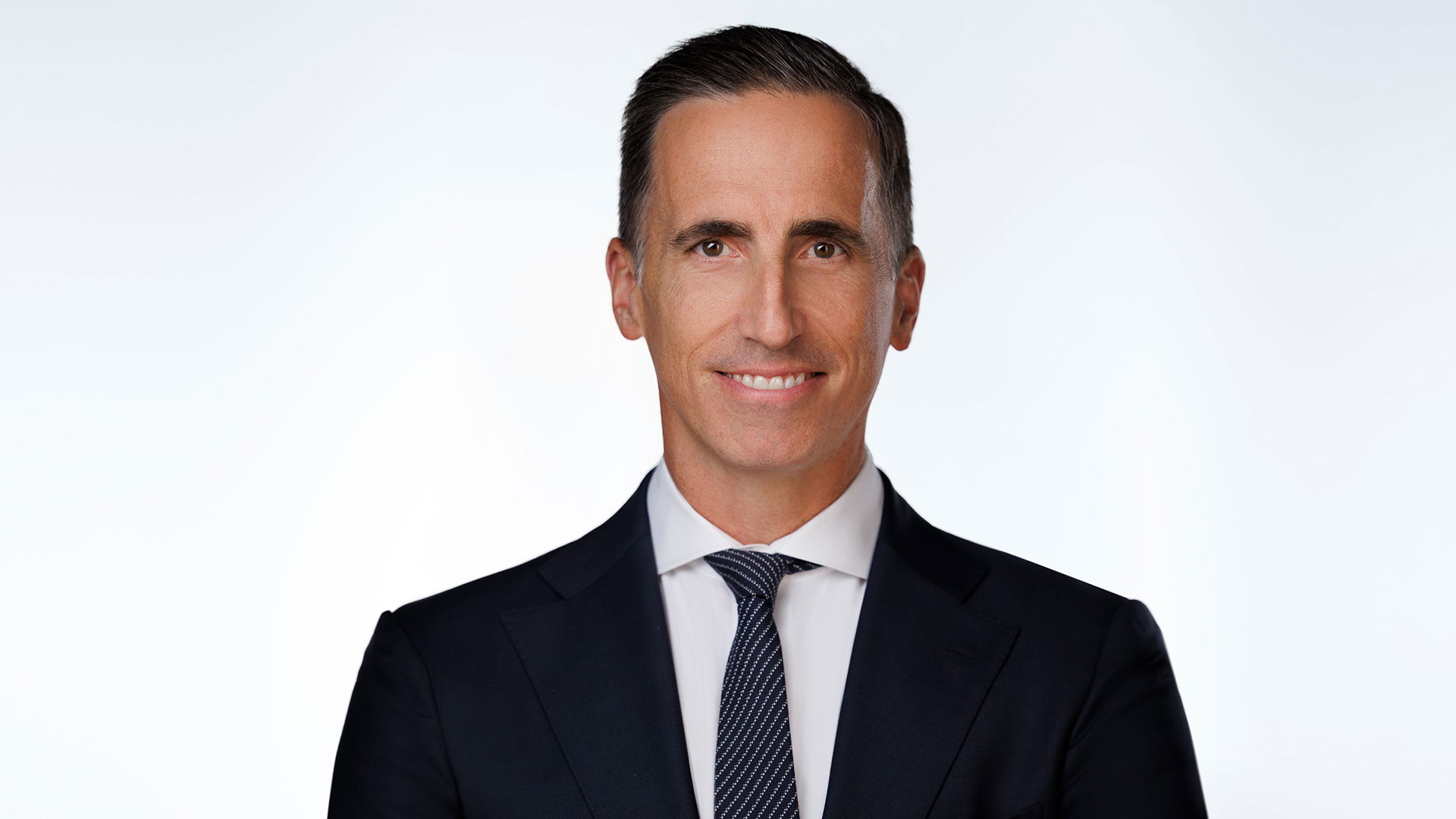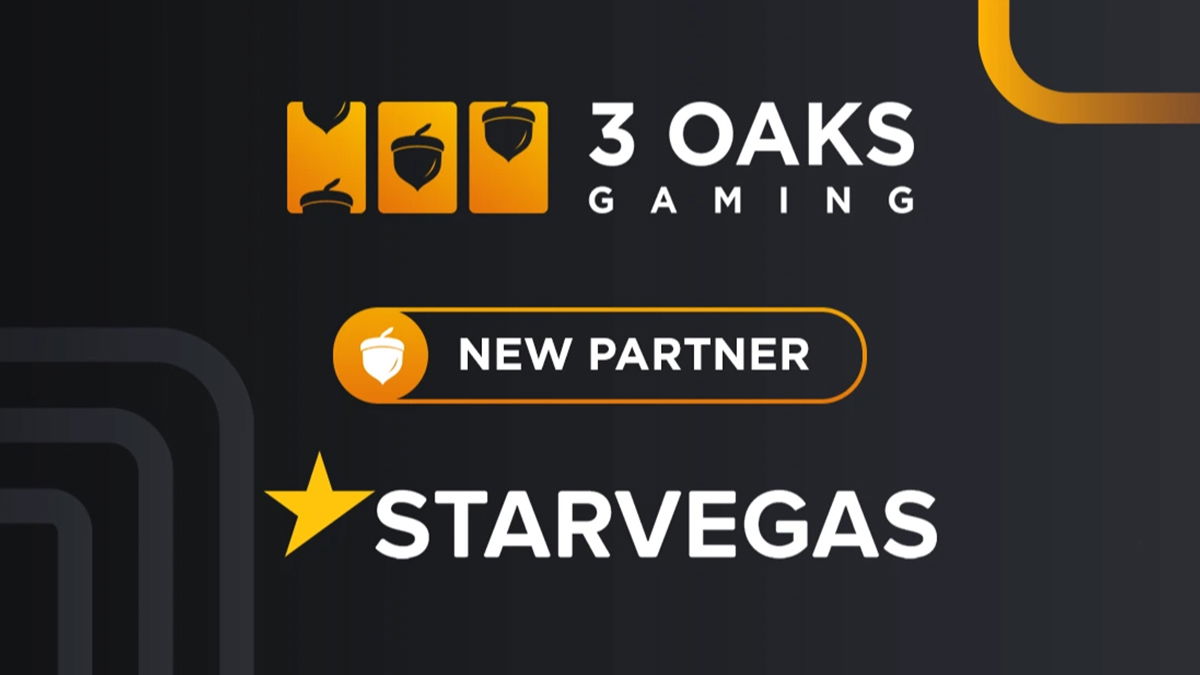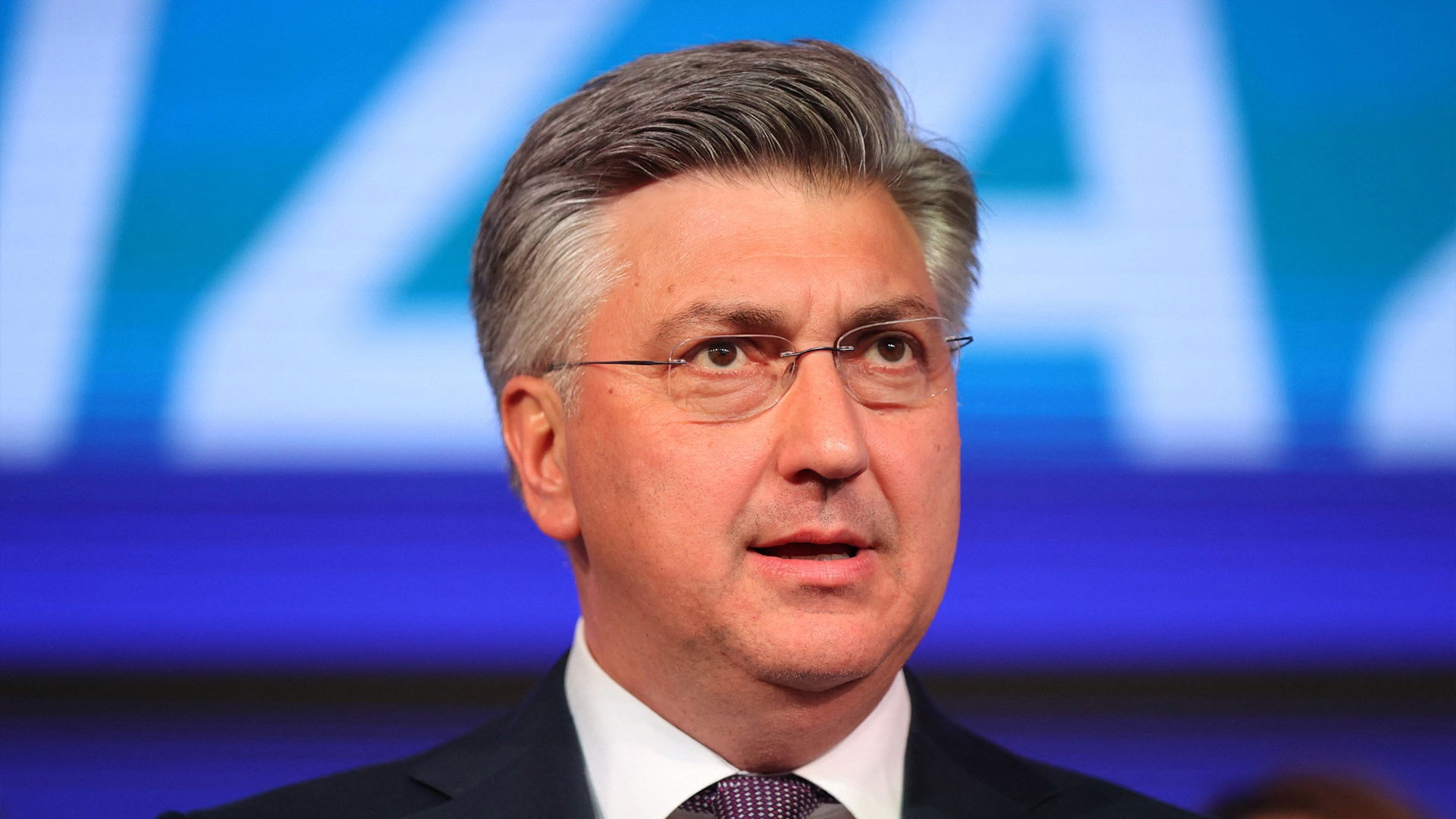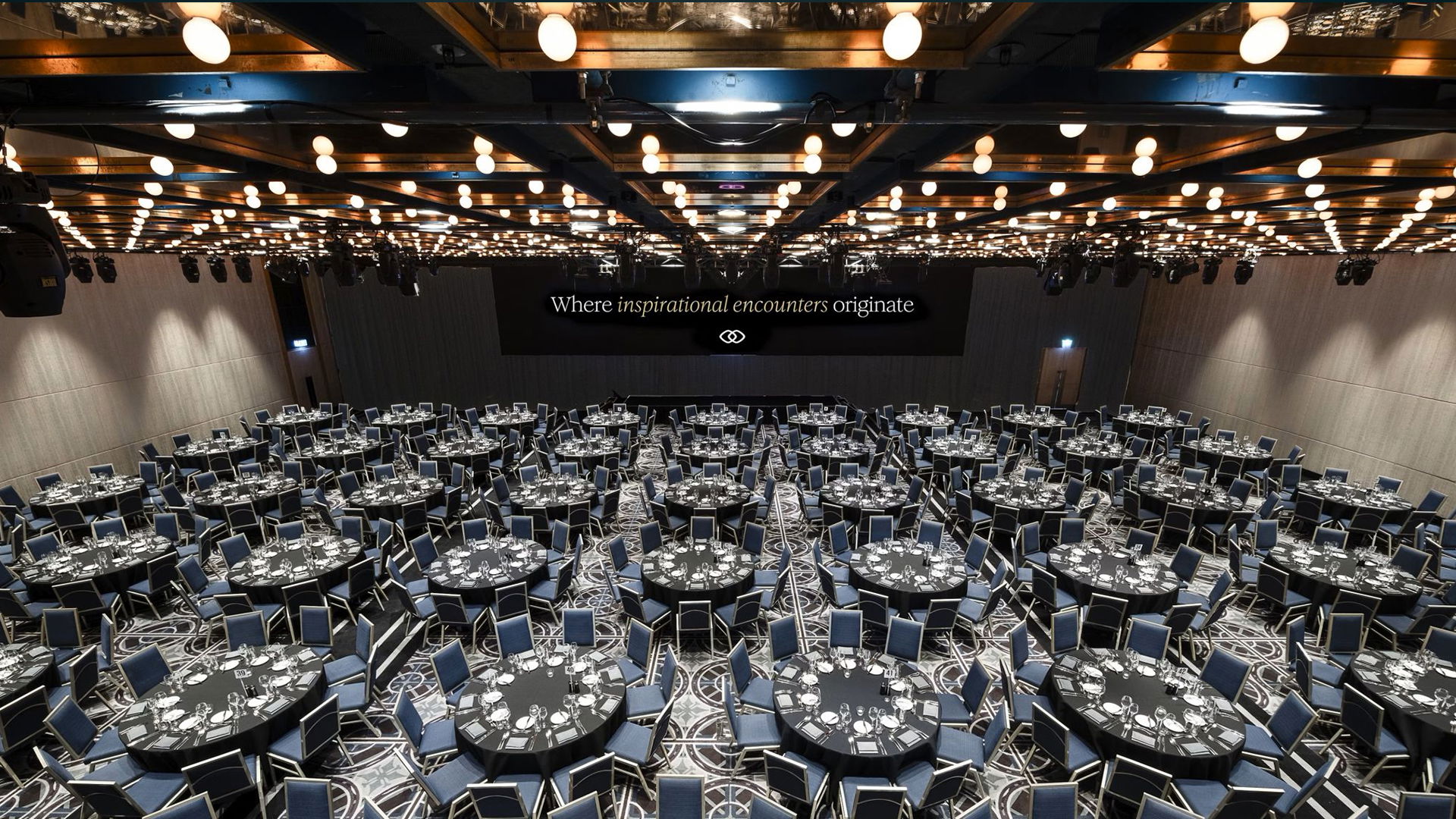AGA seeking to partner with Google to ban offshore sites results amid US industry push against illegal gambling
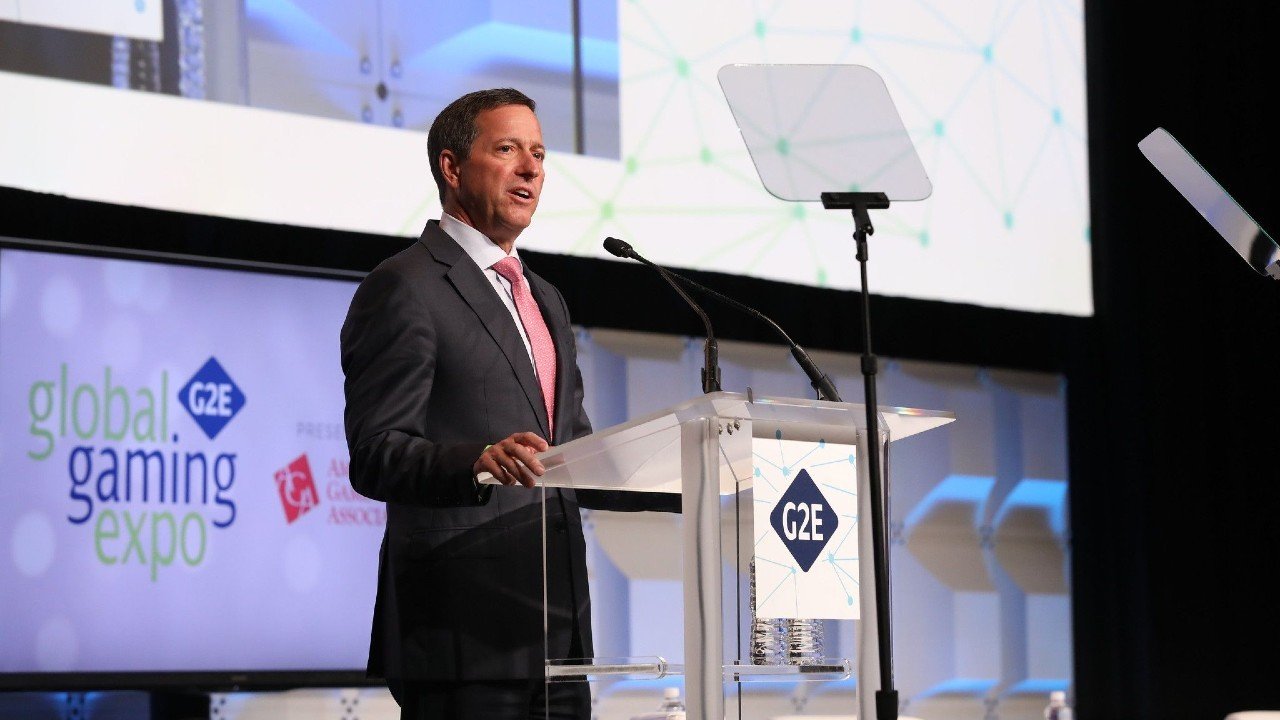
The US gaming industry is seeking to double down on its efforts to combat black market gambling. Operators, industry associations and lawmakers are coming together to call on federal prosecutors to crack down on illegal offshore gambling sites and “skill-based” machines, which expose players to potential threats and undermine states’ efforts to capture tax revenue.
In conversation with CNBC, Bill Miller, President and CEO of the American Gaming Association (AGA), said the trade group and the gaming industry are looking to partner with Google and other internet search engines to stop turning up results with illegal betting sites. The call to action comes as internet searches nationwide for offshore sportsbooks increased by almost 40% in 2021, outpacing searches for legal ones, according to some of the latest studies.
While online searches for offshore betting sites have declined in states that have legalized sports betting, the offshore site Bovada still accounts for half of sports betting-related searches nationwide, the AGA says. In many cases, the ease of access to these sites creates confusion for many consumers, who may not even know they are wagering illegally.
“What maybe at one point in time was a relative nuisance, is now becoming a serious threat to the legal, licensed gaming industry,” Miller further told CNBC. These concerns have been echoed by operators within the legal sports betting space, among them FanDuel, whose CEO Amy Howe told the cited source that there currently are “hundreds of illegal or unregulated operators” in activity, with potentially $15 billion going through some of these offshore parties.
“It gives them an unfair competitive advantage. They can offer better odds to the consumer,” Howe further claimed. Offshore operators also compete with legal ones for customers without having to invest in licensing or lobbying, or paying state and local taxes. Legal operators such as Howe’s Fanduel, DraftKings and BetMGM spend billions a year on their expansion plans.
FanDuel CEO Amy Howe
DraftKings’ CEO Jason Robins is also among those stakeholders who have raised concerns about this issue. Last month, he said there remains “a pretty prevalent illegal market,” with some of the biggest bettors “still pushing their action offshore.” And he is not wrong: according to an AGA survey, more than half of gamblers say they still wager on offshore sites.
There are a number of reasons why gamblers still opt for offshore operators. In addition to sometimes not knowing they are illegal, there also are those cases in which experienced gamblers consciously choose unregulated sites because they are drawn by advantageous odds or promotions, or because these sites let high rollers bet on credit or do not impose bet limits.
In some cases, the differences in bet limits are astounding: offshore sites may let a gambler bet up to $50,000 while some legal sites impose a comparably lower $120 limit. But this comes at a price: illegal bookies don’t always pay out when a gambler wins, and frequently ignore the responsible gambling safeguards legal operators have in place. Howe told CNBC that about 25% of FanDuel’s customers who switch from illegal operators do so because they weren’t paid their winnings.
This renewed push for a crackdown comes as sports betting expands in the US, with 35 states and the District of Columbia allowing regulated wagering in some form. Over 157 million Americans have, or soon will have, access to legal channels to place their bets, with millions more in proximity to a neighboring state where they can wager legally.
With that expansion in mind, operators and industry stakeholders are seeking to protect the industry from illegal parties. In a letter to Attorney General Merrick Garland this spring, the AGA asked the Justice Department to investigate offshore gambling sites. “While the challenge of illegal gambling is not new, the brazen and coordinated manner in which it occurs has elevated this problem to a level that requires significant federal attention,” Miller wrote in April.
Last month, these concerns were echoed by 28 members of Congress who also reached out to Garland in their own letter, urging the DOJ to make “a concerted effort” to fight illegal offshore sportsbooks. The Justice Department, however, has yet to respond to these calls.
🚨 NEW: 28 members of Congress submitted a letter to @TheJusticeDept today encouraging investigation and enforcement action on the illegal gambling market.
— American Gaming Association (@AmericanGaming) June 29, 2022
Our statement from @BillMillerAGA in support ➡️ https://t.co/nSJBxyHq6y pic.twitter.com/m3s6QDVgng
But while the letter by the members of Congress focused on the threat posed by the offshore sports betting industry, the gaming sector at large has also raised concerns about a second issue: unlicensed gambling machines, often found in bars, mini-marts and gas stations.
The land-based industry has long warned about these devices, which look and play like regular -and regulated- slot machines, with their manufacturers labeling them “skill-based” in an effort to avoid regulators’ scrutiny.
In April, AGA asked enforcement officials to clarify that “skill-based” machine manufacturers must comply with Johnson Act registration requirements and anti-money laundering standards, and urged them to take action against those entities that do not fully comply.
“Why that matters is they’re not tested. There’s no quality assurance around odds,” Miller said in his interview with CNBC. When these machines don’t pay out, there rarely is accountability from the host location given a lack of consumer protections.
In a recent update, the AGA announced that, along with the Association of Gaming Equipment Manufacturers, it has met with representatives from the FBI on that front. According to the association, the FBI officials confirmed there is “increased attention” on unregulated “skill games” within the bureau.
AGA, on its part, said it is seeking to prompt state legislative and law enforcement action on manufacturers of these illegal “skill” machines. The association cites recent Virginia legislature action to ban these machines as serving as “a model for other states to follow.”



